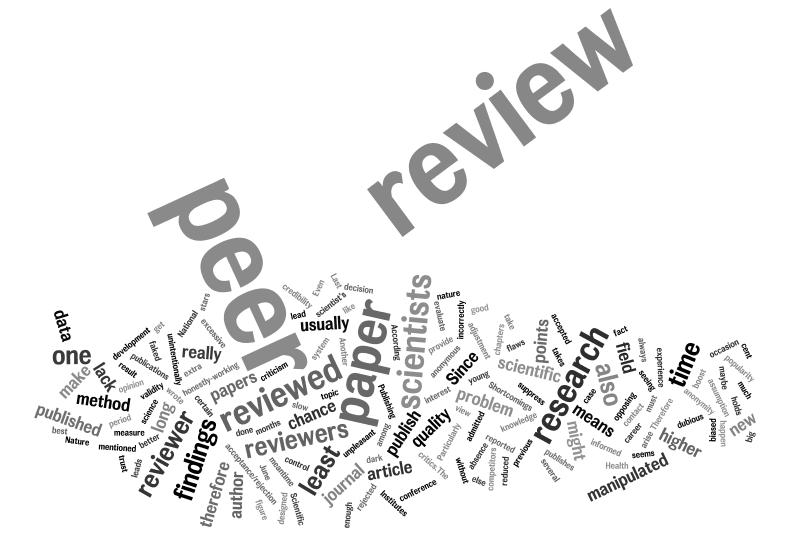Throughout this long journey of learning and practicing technical writing, I have improved my writing skills tremendously. Just to name a few, I have learned techniques for critiquing my peers’ work, preparing professional documents, and networking to build connections.
One of the most important skills I learned was the art of peer reviewing. Previously, I had very little opportunities for critiquing my peers’ work and I wasn’t very comfortable with it either. As the course progressed, I began to understand the components that make an effective peer review, and was able to create templates for writing peer reviews. I also realized that the advice and suggestions I was giving to my peers directly applied to my own work.
Networking is extremely important for building relationships and opening up opportunities. Creating a LinkedIn profile and web folio will definitely aid in showcasing my skills and experience to potential employers, while also expanding my network by building new connections. Since then, I have grown my network by connecting frequently with individuals and professionals in my field and staying updated with employers.
Preparing professional documents were the most applicable assignments that I had the pleasure of completing. Throughout the process of creating an application package, I learned effective techniques for writing professional documents such as resumes, cover letters, and requests for references. The skills I have learned will give me a competitive edge as I begin my co-op job search.
Overall, this course has taught me invaluable skills in written communication and presentation skills. My expectations enrolling in this course have been met. Although there is plenty of room for improvement, such as being more concise and creative with my sentences, I have definitely become a more effective technical writer.
I would like to thank Dr. Erika Paterson and Jasmine Spencer for their guidance and support throughout the course. I learned a tremendous amount of new skills, improved on existing ones, and had an enjoyable experience while doing so.


